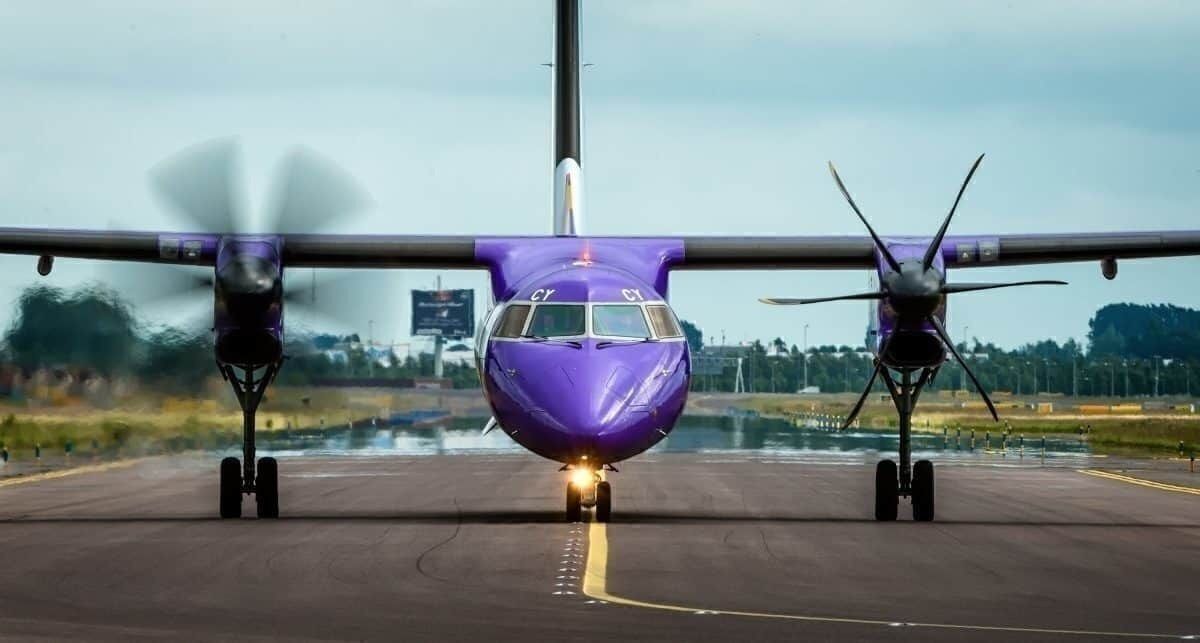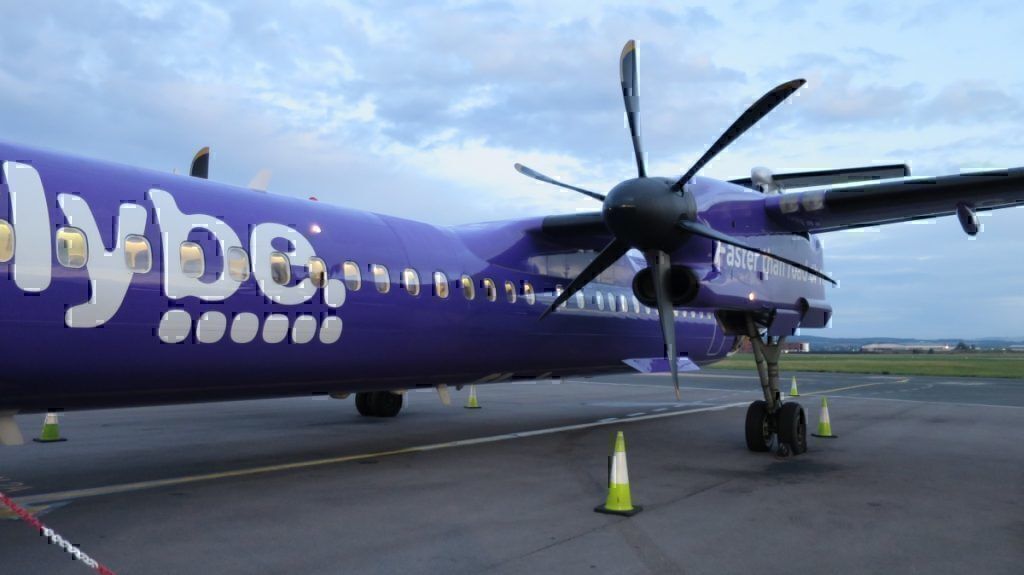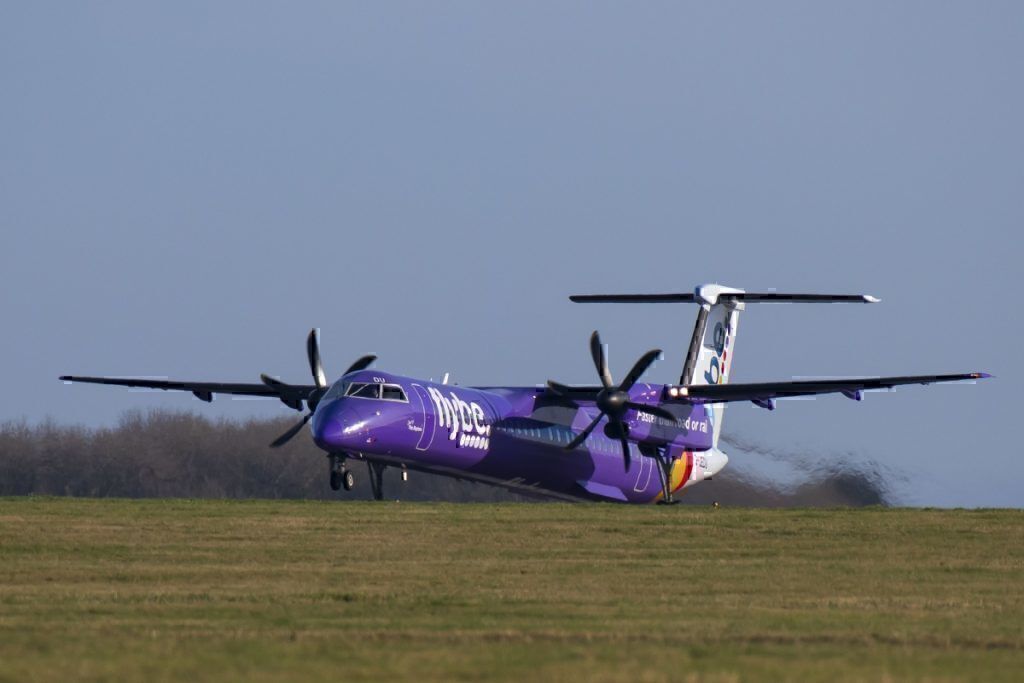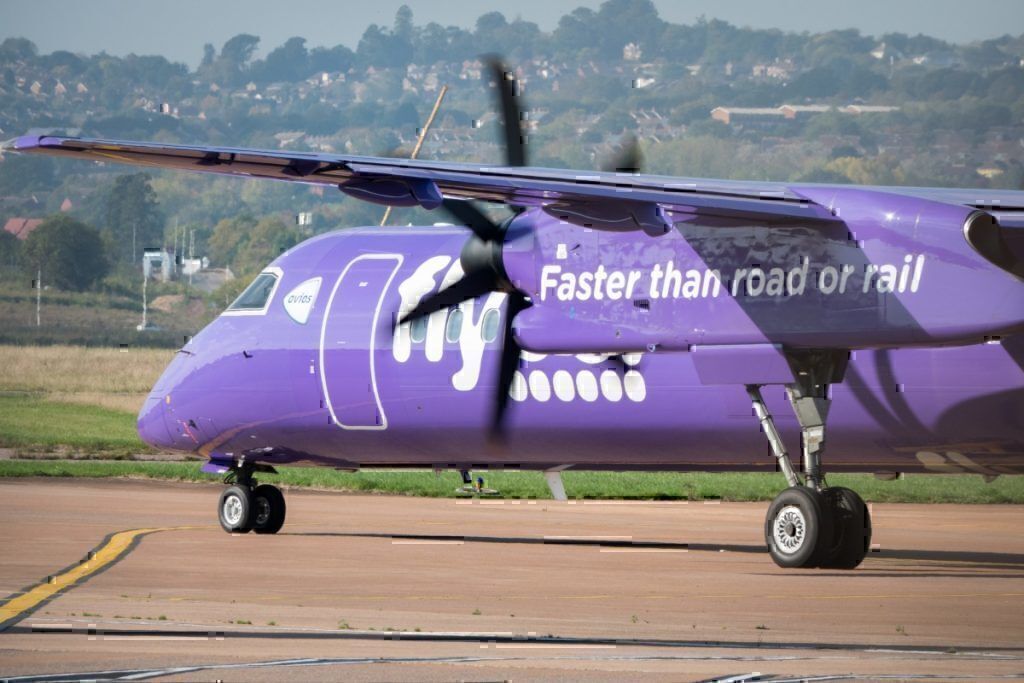Flybe's assets have been valued by accounting firm EY at £139m ($171m). While most of this money will go to finance companies whose debts were secured on aircraft, it looks like Connect Airways will benefit too. Virgin Atlantic, Stobart, and Cyrus Capital look to get back around 30% of their initial investment. Passengers and other unsecured creditors, however, will walk away with nothing.
EY's administration report
Struggling regional carrier Flybe entered administration in March this year, with many blaming the coronavirus crisis for the demise of the airline. Although issues had persisted for longer than that, the slump in travel demand was effectively the straw that broke the camel's back. With no support forthcoming from either the UK government or the airline's owners Connect Airways, the firm had no choice but to close its doors.
Accounting firm EY was appointed to administer the bankruptcy of the airline. Their report into the state of affairs at Flybe raises some interesting points, as discovered by our friends at Head For Points.
Ultimately, it seems everyone who was ever involved in Flybe is set to lose out in a big way. Everyone, that is, except the partners in the Connect Airways consortium.
A very low valuation
Unfortunately for Flybe, the current crisis in aviation has led to a very low valuation of the company overall. In total, EY has estimated a broken up Flybe to be worth just £139m ($171m). Out of this valuation, the airline has a liability of £3m ($3.7m) in unpaid salaries to settle.
Out of the remaining £136m ($168m), £102m is projected to be going back to companies that financed mortgages on the Flybe fleet. This is far less than the actual value of the huge fleet of Dash-8s it flew, mainly due to the challenging market conditions being experienced right now.
That leaves just £34m ($42m) to be shared around other creditors. However, as the three shareholders in the Connect Airways consortium – Virgin Atlantic, Stobart and Cyrus Capital – secured their investment on the assets of the company, this money will be shared between them. In essence, the shareholders will get back around 30% of the money they originally invested.
As Rob at Head For Points notes, had the aircraft been valued at their' book value' in a pre-coronavirus market, they would have sold for around £166m ($205m). This would have meant the three shareholders could have clawed back pretty much all the money they invested in Flybe.
As for the rest of its creditors, including its passengers, they will get nothing.
The good news
Within the report, EY outlines the three actions that are possible outcomes of the administration process. Firstly, it could be rescued as a going concern; secondly, they would be looking to achieve a better result for creditors than just winding up the company, or third, they would look to liquidize assets to distribute funds to preferential creditors.
EY states that, in Flybe's case, they are looking at the second option. The report says,
“We consider that a going concern sale of the business and assets of the company may be possible. This is being fully explored.”
Head For Points states that three groups could be interested in buying all the assets and business of the company. However, the bankrupt airline was due to have its operating license revoked by the CAA at the end of April. This would mean its airport slots would be instantly lost, making it tricky to restart the airline in its previous form.
However, EY has launched an appeal to the UK government to override this. It has the authority to do so and, given that it was unwilling to stick its hand in the taxpayer's purse to bail out the airline, it seems to be the least it could do. EY is still waiting on the outcome from this request.
If the government does allow Flybe to retain its slots, it will make it a far stronger proposition for investment going forward. Regional connectivity is so essential to the remote communities in the UK. Although other airlines have stepped in to fill some gaps, there are still many routes going unserved, not to mention the thousands of jobs that could be saved.
What do you make of Flybe's administration report? Is it right that the shareholders get paid while others walk away empty-handed? Is the market still ripe for a regional UK airline? Let us know in the comments.




